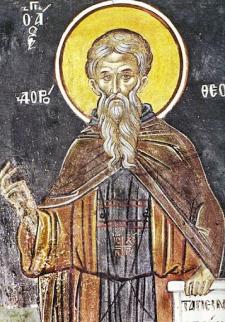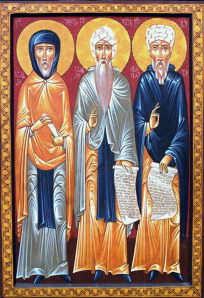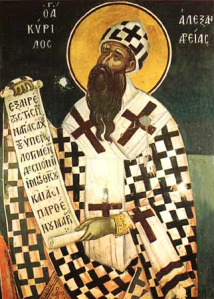 In Egypt the Israelites sacrificed a lamb at the bidding of Moses, who told them to eat it with unleavened bread and bitter herbs.
In Egypt the Israelites sacrificed a lamb at the bidding of Moses, who told them to eat it with unleavened bread and bitter herbs.
For seven days, says Scripture, you shall eat unleavened bread and bitter herbs.
Must we then continue to observe customs that are only types and symbols?
Remember the words of Paul, for he was truly learned in the Law and very wise.
He says: We know that the Law is spiritual. Can anyone doubt that he who had Christ within him spoke the plain truth and did not deceive?
Moreover, Christ himself said clearly: Do not imagine that 1 have come to do away with the Law or the Prophets. I have not come to do away with them, but to fulfil them.
I assure you that the Law will not lose a single dot or stroke until its purpose is achieved. Heaven and earth will pass away, but my words will never pass away.
In what way then must we also fulfil the ancient law?
For us who have been called to live a life of holiness through faith the true lamb has been sacrificed, the lamb that takes away the sin of the world.
To this sacrifice we must add a food that is spiritual, wholly good and truly sacred, a food typified in the Law by the unleavened bread, which we now understand in a spiritual way.
In the divinely inspired Scriptures yeast always signifies wickedness and sin. Our Lord Jesus Christ, warning his holy disciples to be on their guard, said: Beware of the yeast of the scribes and Pharisees.
And Paul in his great wisdom wrote that those who have once been sanctified should put far from them the yeast of impurity that corrupts mind and heart.
Purify yourselves of the old yeast, he urged, and become a fresh batch of bread, since you really are unleavened.
This urgent plea prompted by concern for our well-being shows that spiritual communion with Christ the Saviour of us all is not only a benefit to us but also a real need.
It also shows how important it is for us to keep our minds pure by refraining from sin and washing away every stain.
In a word, we must avoid everything that defiled us in the past, for it is then, when no fault of ours bars the way and we are wholly free from reproach, that we shall open the way to this communion with Christ.
But we also have to eat bitter herbs. These stand for the bitter sufferings we must undergo, and we should greatly value the endurance they demand.
Cyril of Alexandria (c. 376-444): Paschal Homilies 19.2 (PG 77:824-825); 392); from the Monastic Office of Vigils, Saturday of the First Week in Lent, Year 2.
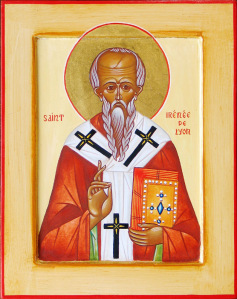 In Deuteronomy Moses says to the people, The Lord Your God made a covenant with you in Horeb, not with your fathers did the Lord make this covenant but with you.
In Deuteronomy Moses says to the people, The Lord Your God made a covenant with you in Horeb, not with your fathers did the Lord make this covenant but with you.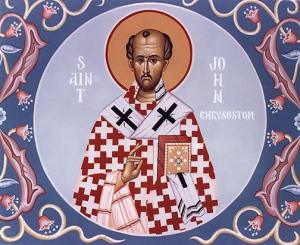 “For I through the Law died unto the Law” (Gal. 2:19).
“For I through the Law died unto the Law” (Gal. 2:19).